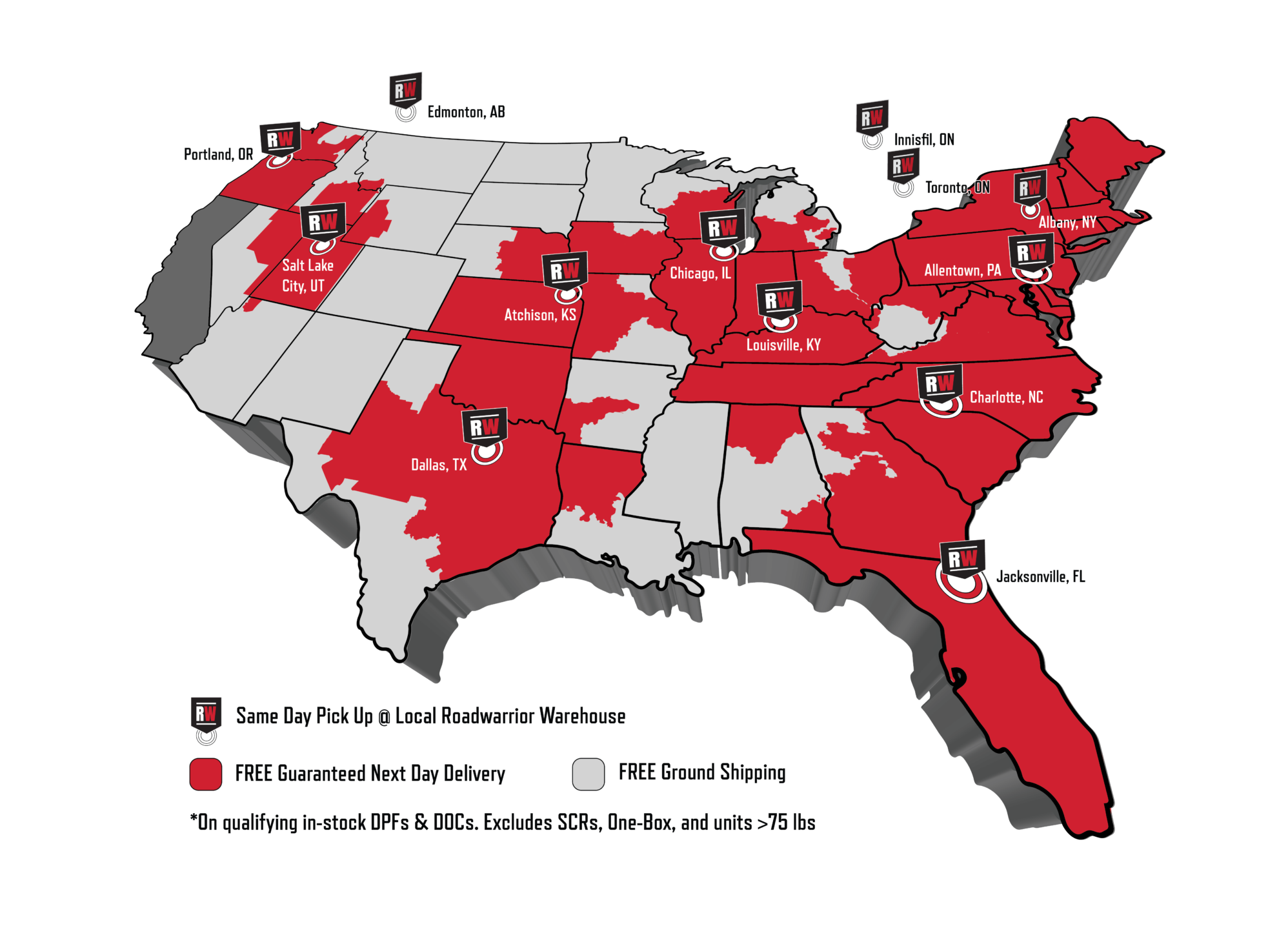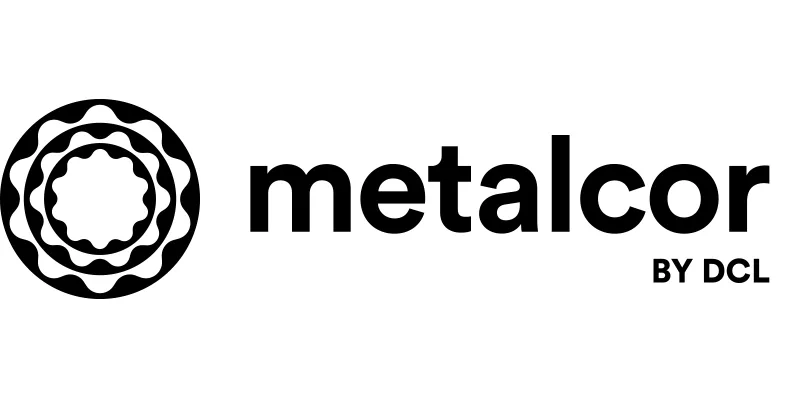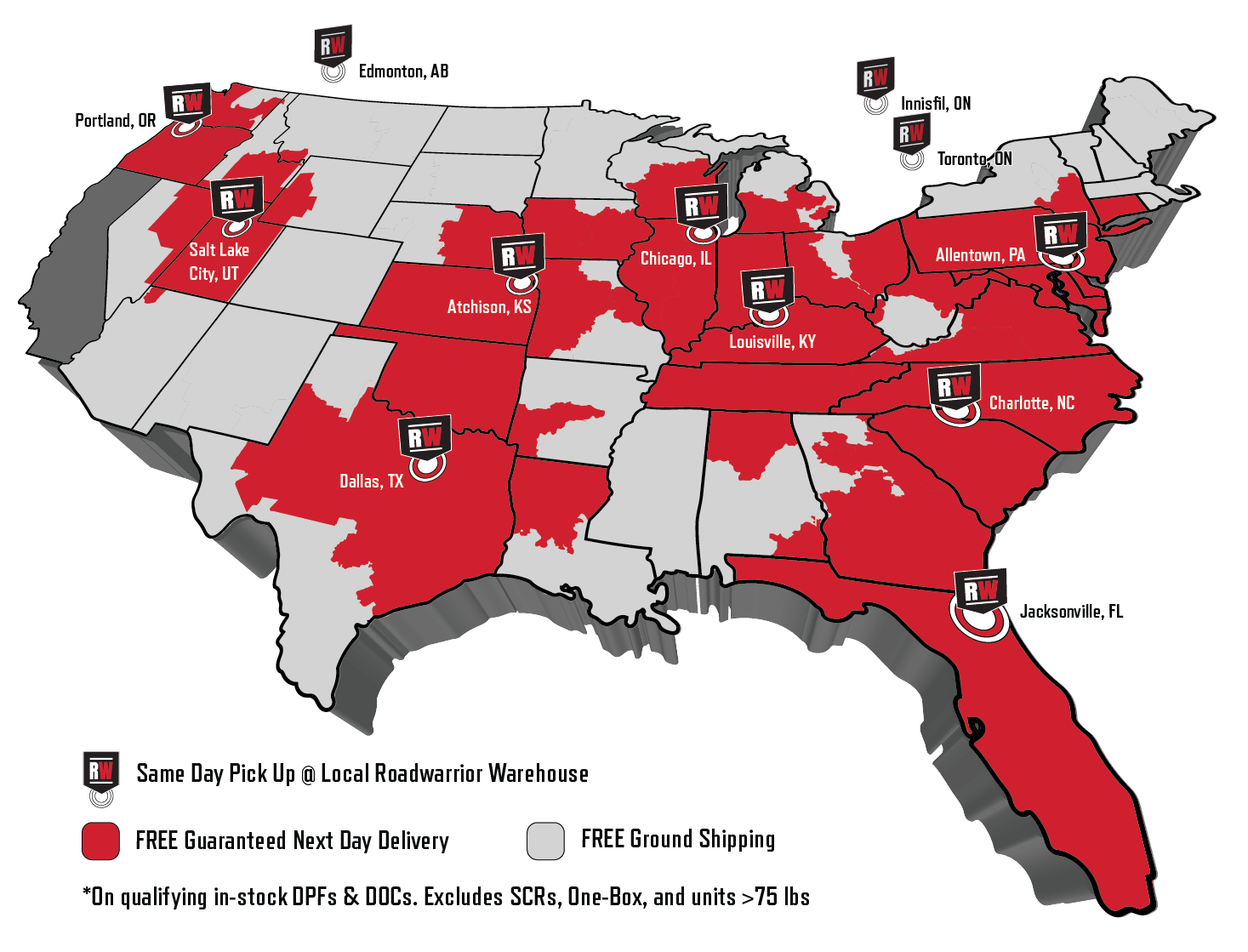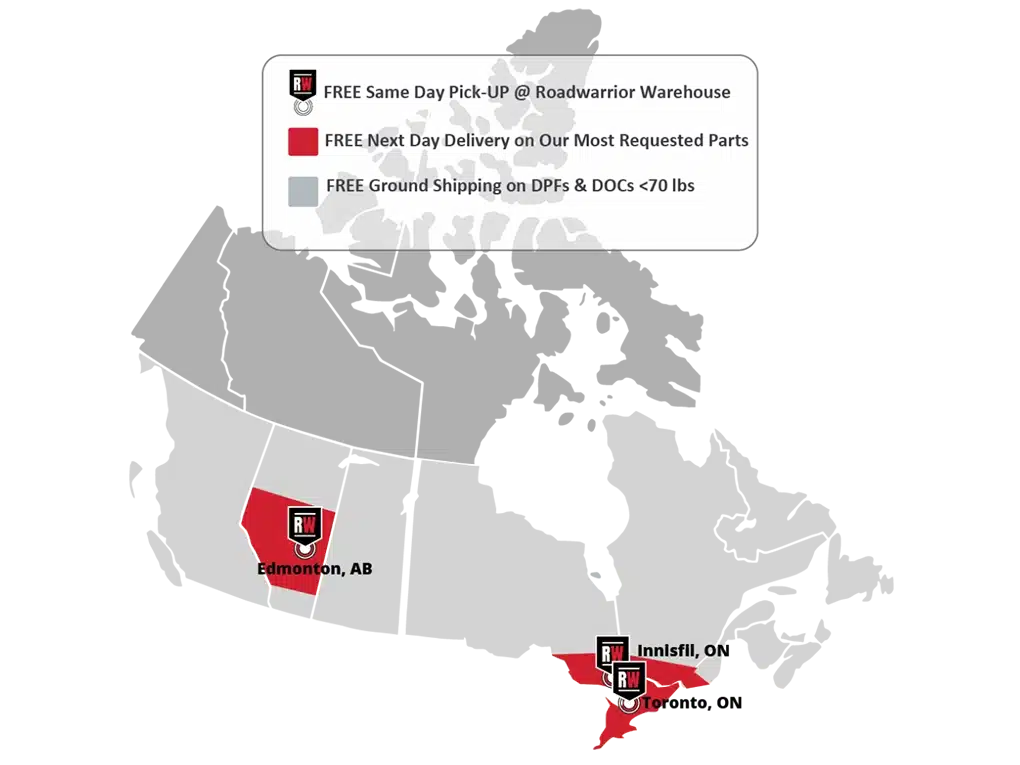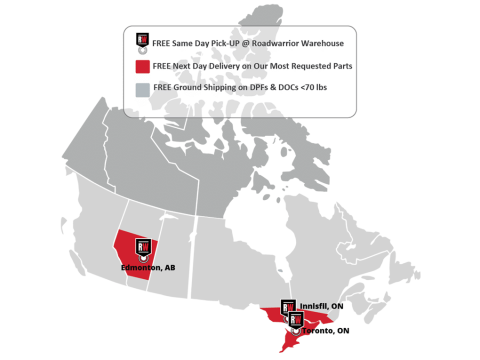First, what is a DPF regen?
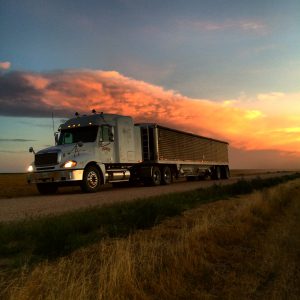
The most common form is passive regeneration. This occurs while the truck is in motion when the heat of the exhaust burns the soot off the DPF. On the other hand, active regeneration occurs when the exhaust isn’t quite hot enough to remove the accumulated soot. When this happens, the engine injects a tiny bit of fuel into the exhaust stream to increase temperatures. The increased heat is usually enough to burn away the soot and fuel.
If both passive and active regens fail, and the DPF filter is in danger of clogging, the system will initiate a forced DPF regen. The driver will need to pull over while it happens. This can result in inconvenient downtime, which is frustrating and can interfere with your schedule. However, the alternative is risking serious damage to your DPF and engine, or your truck going into limp mode.
What are common Causes of DPF Regen Failure?
The gauges on your dashboard instrument cluster and your check engine light are helpful indicators of potential problems. These are some of the most common causes behind DPF regen failure.
Malfunctioning hydrocarbon doser.
The hydrocarbon doser injects a tiny amount of diesel into the exhaust during active or forced regens. This creates enough heat to burn the accumulated soot off the DPF filter. A blocked doser can prevent the temperature increase necessary for an effective regen.
Turbocharger Issues
The turbo pushes compressed air into the engine’s combustion chamber. This increases the power and fuel efficiency of internal combustion engines. For regeneration to start, the turbocharger needs to build enough heat to trigger the process. A faulty turbocharger can prevent regens and eventually cause a DPF failure.
A Clogged DPF
Over time, DPF filters can become clogged with soot and ash and require professional cleaning. A prematurely clogged DPF normally means the filter isn’t getting hot enough to burn the soot off during regular regens. It’s important to deal with this quickly, or the pressure buildup can crack the DPF. Common indicators of a clogged DPF filter are unusually frequent forced regens and unusually long ones. A standard forced regen is under 40 minutes; if yours typically last for an hour or more, this may indicate an issue.
A Blocked DOC
The diesel oxidation catalyst is the first filter in the aftertreatment system. It contains a precious metal catalyst to oxidize hydrocarbons, carbon monoxide and unburned particles of fuel and oil in the exhaust stream. If the DOC’s inlet face gets clogged with an excessive buildup of carbon, this can create backpressure and restrict the exhaust flow into the DPF.
Malfunctioning temperature sensors
The temperature sensors, spread through the aftertreatment system, measure the exhaust going into and out of each filter. The first sensor is in the DOC and the last is after the SCR. The sensor’s readings measure how well the system is working, and a faulty sensor can interfere with the regen process.
Faulty DPF pressure sensor
This sensor monitors the soot levels on either side of the DPF filter, measuring the pressure drop and sending differential pressure readings to the ECU. If the sensor is faulty, it can provide the ECU with false data and trigger unnecessary regens.
EGR fault codes
The exhaust gas recirculation (EGR) system returns some of the exhaust gas to the engine’s combustion cylinders. The EGR controls the temperature and reduces NOx emissions. However, the aftertreatment system relies on the EGR and relevant fault codes will prevent the DPF from regenerating.
Engine Fault Codes
The engine and aftertreatment system are symbiotic. An issue with the engine can prevent DPF regens and cause issues with your emissions control system. Engine fault codes linked to emissions control, temperature and several other issues can prevent DPF regeneration.
What to do about Regen Failure?
Regen failure can have many underlying causes. If it becomes a problem, it’s always best to take your truck into the repair shop for professional maintenance. Catching a small issue early can stop it from snowballing into a major problem—the kind that requires expensive repairs and extensive downtime further down the line.
How can Roadwarrior help?
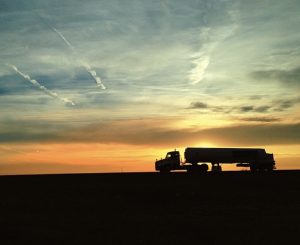
We have the largest catalogue of direct-fit aftertreatment parts of any aftermarket dealer. Our catalogue covers a huge range of OEMs including Volvo, Paccar, Detroit Diesel and Cummins.
To keep hard-working machinery operators from being held up by DPF regen problems, we also provide replacement parts for busses and construction equipment. Order online or ask your distributor about Roadwarrior. We can deliver genuine Metalcor® parts to your site in 1-2 days.

